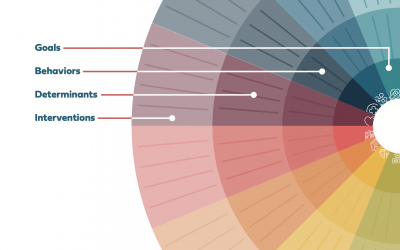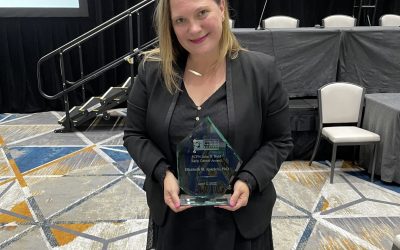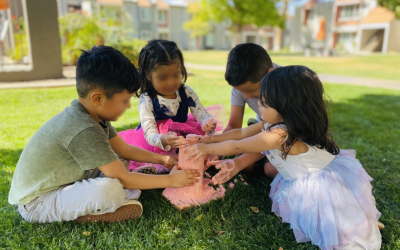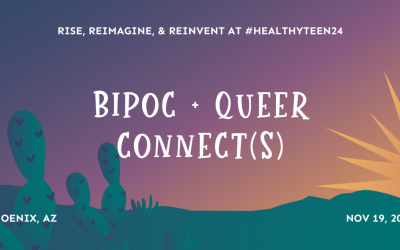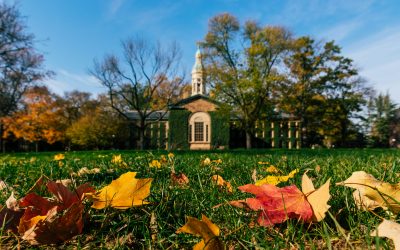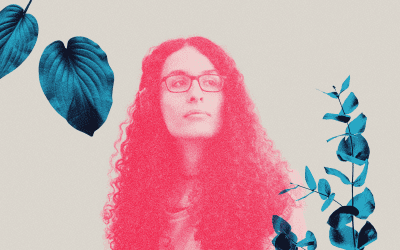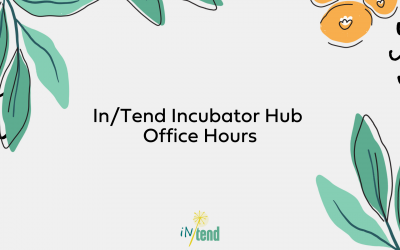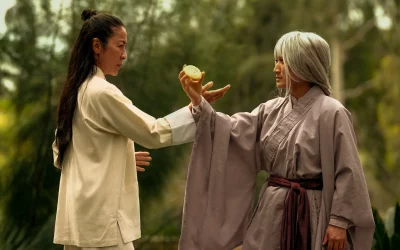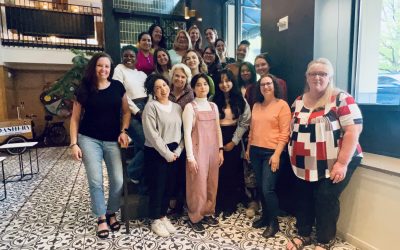
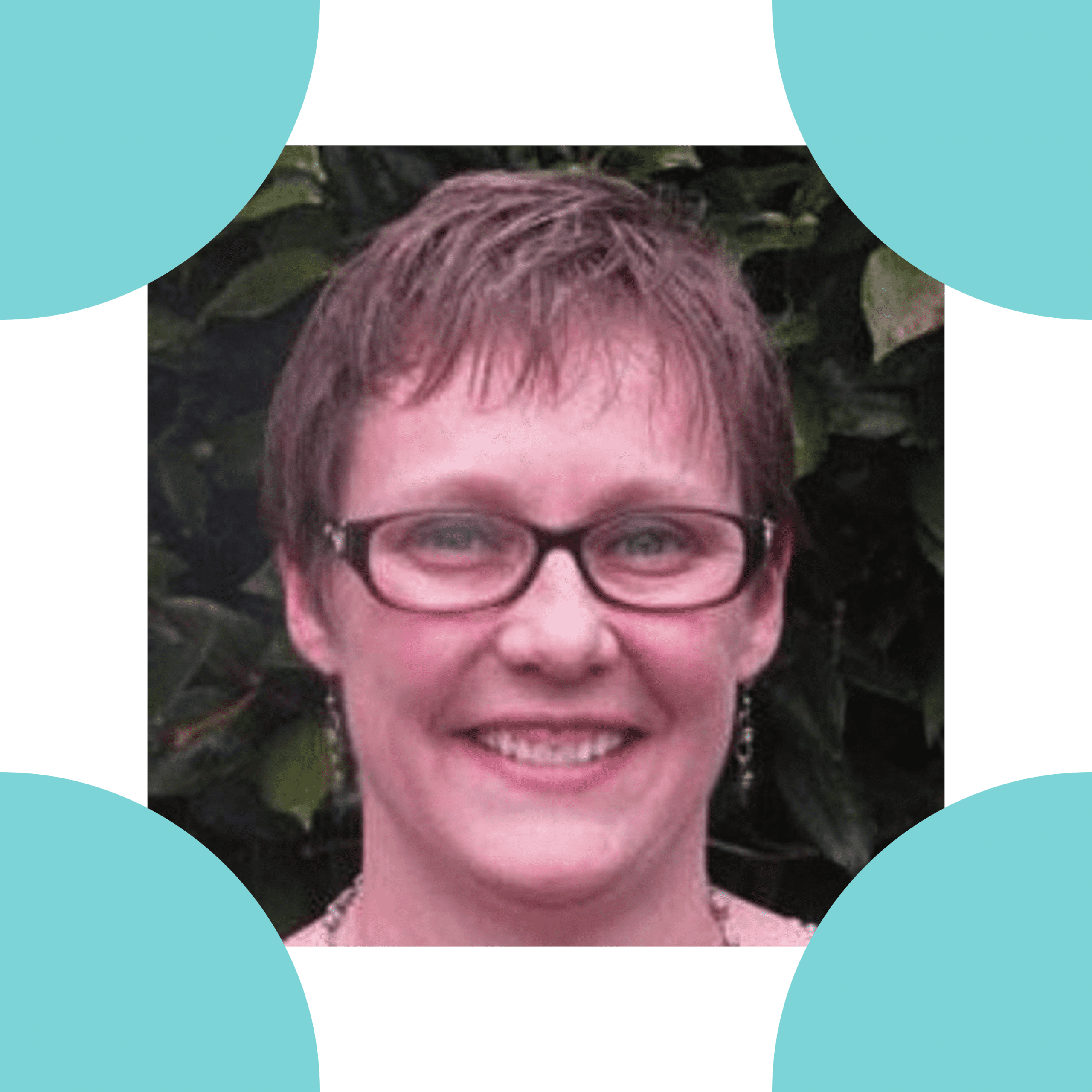
By Lisa Schelbe, PhD, MSW
November 4, 2021
As the country is dealing with the COVID-19 pandemic, civil unrest due to anti-Black racism and xenophobia, and a tension-filled national politics, I have wished for an “adultier adult,” a concept I learned from students who shared their challenges of navigating adult responsibilities, such as dealing with problems with landlords, home appliances, car maintenance, and health insurance. During a discussion about the challenges, one student quipped that she wanted an “adultier adult” to handle everything. This was my introduction to the meme: “The horrifying moment when you’re looking for an adult, but then realize that you are an adult. So you look for an older adult, someone more successfully adulting. An adultier adult.” Sometimes I feel woefully unprepared to deal with the many current social problems and yearn for an “adultier adult.”
There is a fair amount of self-loathing as I contemplate how I—with my unbridled privileges—have struggled with all of the chaos and ambiguity in the world since the start of the global COVID-19 pandemic. I am employed in a handsomely paying job, which I love, at a place where I am valued and supported. I can work remotely and practice social isolation. I have no real caregiving responsibilities; I am not educating children who are schooling at home or caring for a loved one who had previously been cared for at a nursing home. I have a home with a backyard where I can spend time outside safely rather than being in a crowded apartment building without outdoor living space. I have few financial concerns; I can spend money to make life easier and safer by having groceries delivered. I can afford the luxuries of entertainment at home: board games, movies, and an exercise bike. Irrefutably, I have it great compared to many people, especially people traditionally served by helping professionals; however, it does not always feel great.
Raking Leave in a Forest Fire
At times I feel unmotivated to work, distracted and distressed by all that is going on in the country. Simple tasks take longer than they should, and I find myself making atypical mistakes. Work sometimes feels hollow and meaningless. Processing this one afternoon with my husband early in the pandemic, he shared having a similar experience. He reflected, “it’s like raking leaves in a forest fire.” The metaphor resonated with me.
Raking leaves is a task that is meaningful in certain contexts, such as the autumn when ensuring that the weight of the dead leaves do not suffocate a flower bed. Yet in the crisis of a forest fire, raking leaves should not be prioritized. Clearing the leaves is irrelevant amidst the immediate concern of rising flames. In the context of the last couple years, which felt like the country was about to be engulfed completely in fire, it was not time to rake leaves. It was necessary to consider the current crises at hand and adjust priorities.
Thoughts for Helping Professionals
Over the last year, media describes increases in the numbers of calls to intimate partner violence hotlines and suicide and crisis hotlines, and reports of child maltreatment to child protection services are lower than usual, although emergency room doctors are seeing more severe cases of child maltreatment. These reports do not shock helping professionals who are serving children, youth, and families. Nor have the racial disparities and disproportionalities being discussed surprise us. Many of us have been educated about oppression and the perpetuation of inequalities and have seen it in practice. Food insecurity, housing instability, problems meeting basic needs, and safety are not invisible to us. We understand interpersonal violence, mental health, and substance misuse. Our training in human development and theory helps us understand the crises happening.
We can make a significant impact, but to do so we must stop “raking leaves in a forest fire” and prioritize meaningful work that has potential for social change.
As helping professionals, we must step up and be the “adultier adults” within our communities. We are well-suited to do so with our communication skills, empathy, critical thinking, theoretical frameworks, professional values and ethics, crisis intervention skills, and self-care practices. We can make a significant impact, but to do so we must stop “raking leaves in a forest fire” and prioritize meaningful work that has potential for social change. We must focus on addressing issues disproportionally impacting the most vulnerable, so that everyone can be healthy.
In addition to the frontline work, helping professionals have important contributions to make. We must advocate for children, families, and communities who were especially negatively impacted by the pandemic. We cannot allow the crises to derail people who have the most to lose. We must translate our experiences and knowledge to help policymakers make decisions in this unprecedented time. The pandemic has provided opportunities to reimagine systems. Helping professionals must be part of conversations about rebuilding post-pandemic. We can share lessons learned and innovations. We must be part of discussions critically examining the failures the pandemic amplified and rebuilding systems to better serve all people. As helping professionals, we should be the ones that are looked to when someone is looking for “someone more successfully adulting. An adultier adult.” We are the “adultier adults” who know what needs to be done in a forest fire.
PHOTO CREDIT: Jeremy Thomas on Unsplash
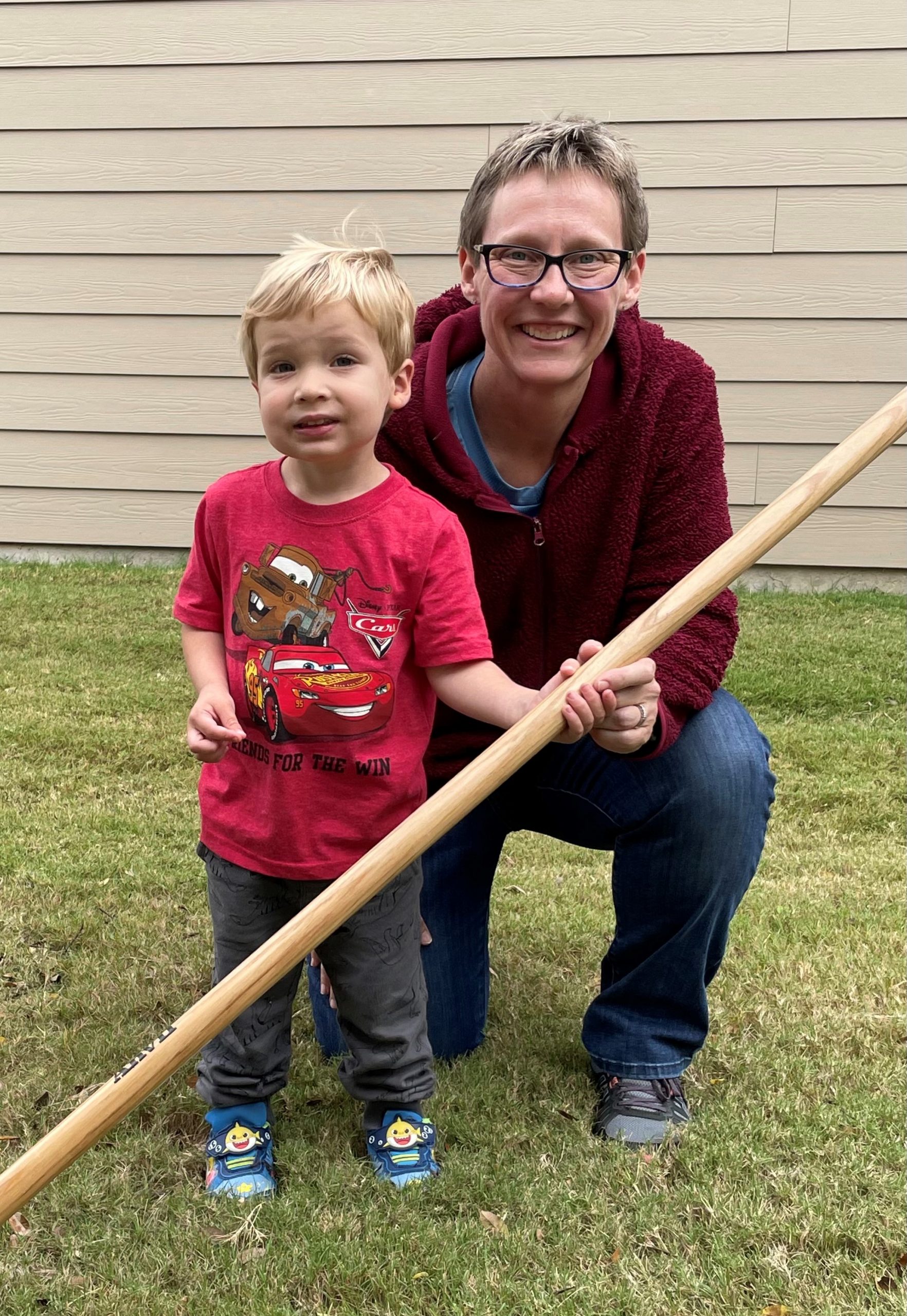
Lisa Schelbe is an Associate Professor at Florida State University College of Social Work and a member of ReSHAPING. She prefers summer to autumn but enjoys fall foliage and anything pumpkin-flavored. Playing in the leaves and carving pumpkins with her nephew was a highlight of fall 2021! Read more about Dr. Lisa Schelbe





